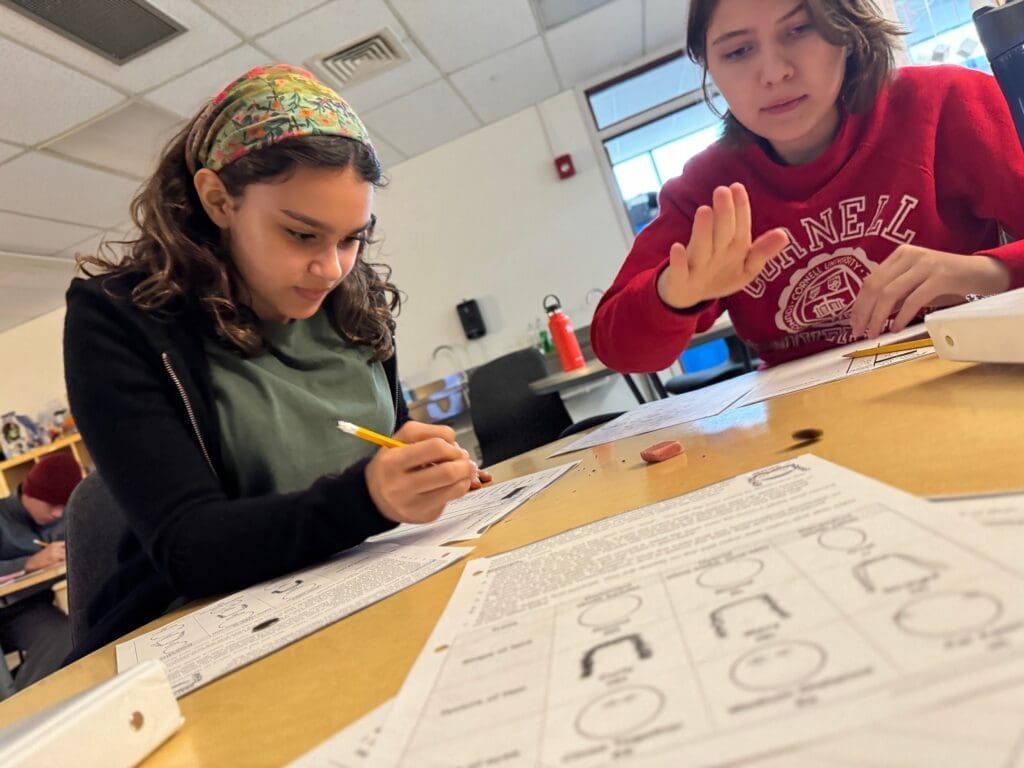Math –
Ms. Andrea’s math group learned to use a number line to add & subtract two digit numbers by first jumping for 10s, then 1s. We applied strategies learned last month to add 4 two-digit numbers: make a 10, doubles/near doubles & choose any two. We almost always had to carry a 1 into the tens place when adding so many numbers. Afterwards we found time to work on our extension packets and solve some puzzles!
We learned two new math games – Alien Operation and Neighbors – in which we match number sentences to their corresponding #’d spaceships and sort/practice doubles and near doubles facts. But the really big news from this week is that we learned subtraction with regrouping!! We started just like we did with addition with regrouping, using base ten blocks to show exactly what’s happening when we “go next door” to “trade down” a group of ten into ones to help us subtact. Thursday was packed with practice of this new skill and these Betas are getting it!
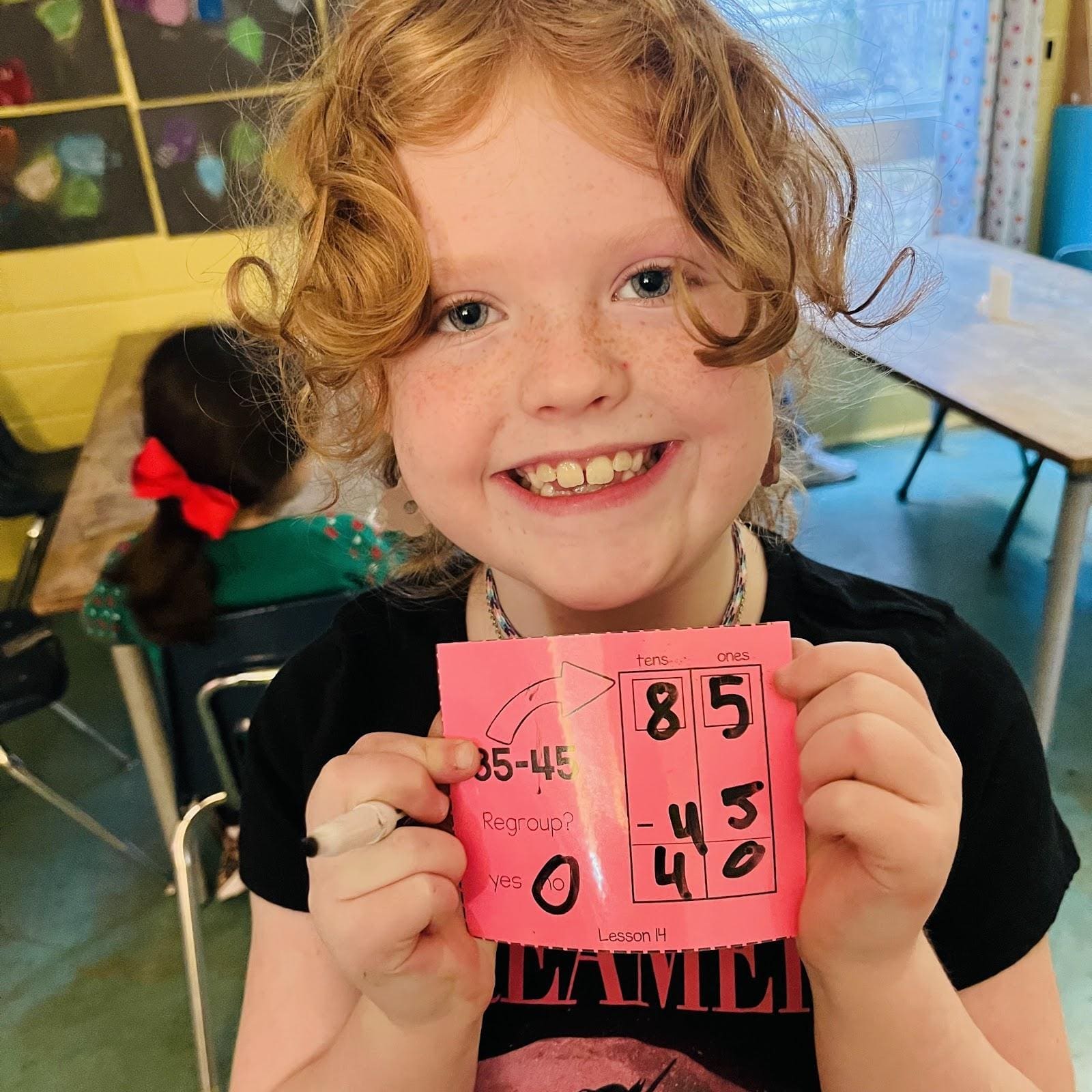 | 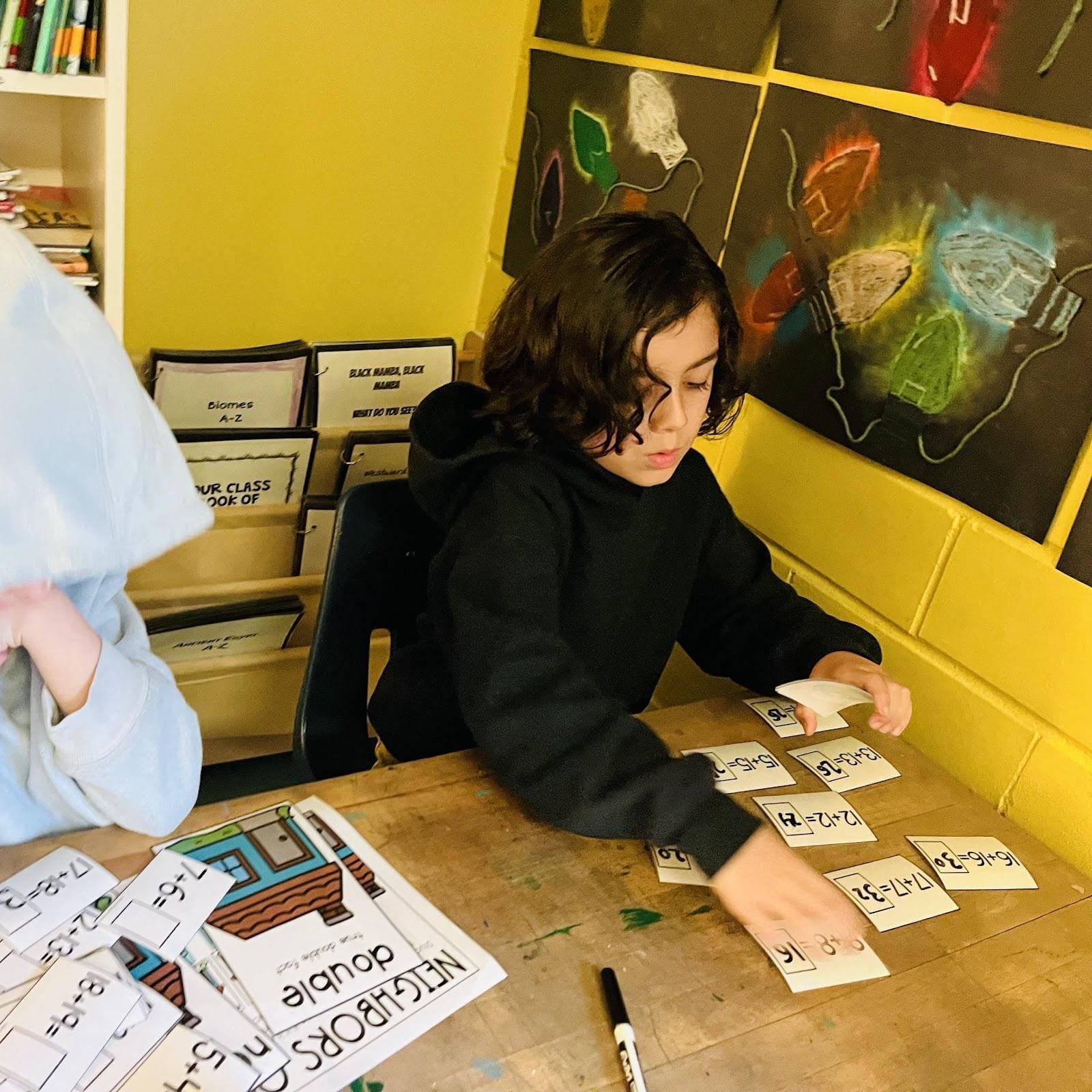 |
|---|
Ms. Kelly’s math group leaped right into a new division strategy- tape diagrams! We all agreed that they remind us of creating equal groups. We also introduced a new game called How Close to One Hundred- where the kids roll two dice and turn it into a multiplication equation and record the array on the game board. The players take turns rolling and filling out the grid until they come to a roll that cannot be filled in on the board. The last step is to figure out how close they got to filling in the 100 spots. Speaking of arrays, we created arrays for DIVISION equations. Say what?! But that’s for multiplication! Well, because division is the inverse, or “opposite,” of multiplication, you can use arrays to help understand how multiplication and division are related. We ended the week practicing multiplication and division fact families before playing multiplication by 2s math games to work on that fluency!
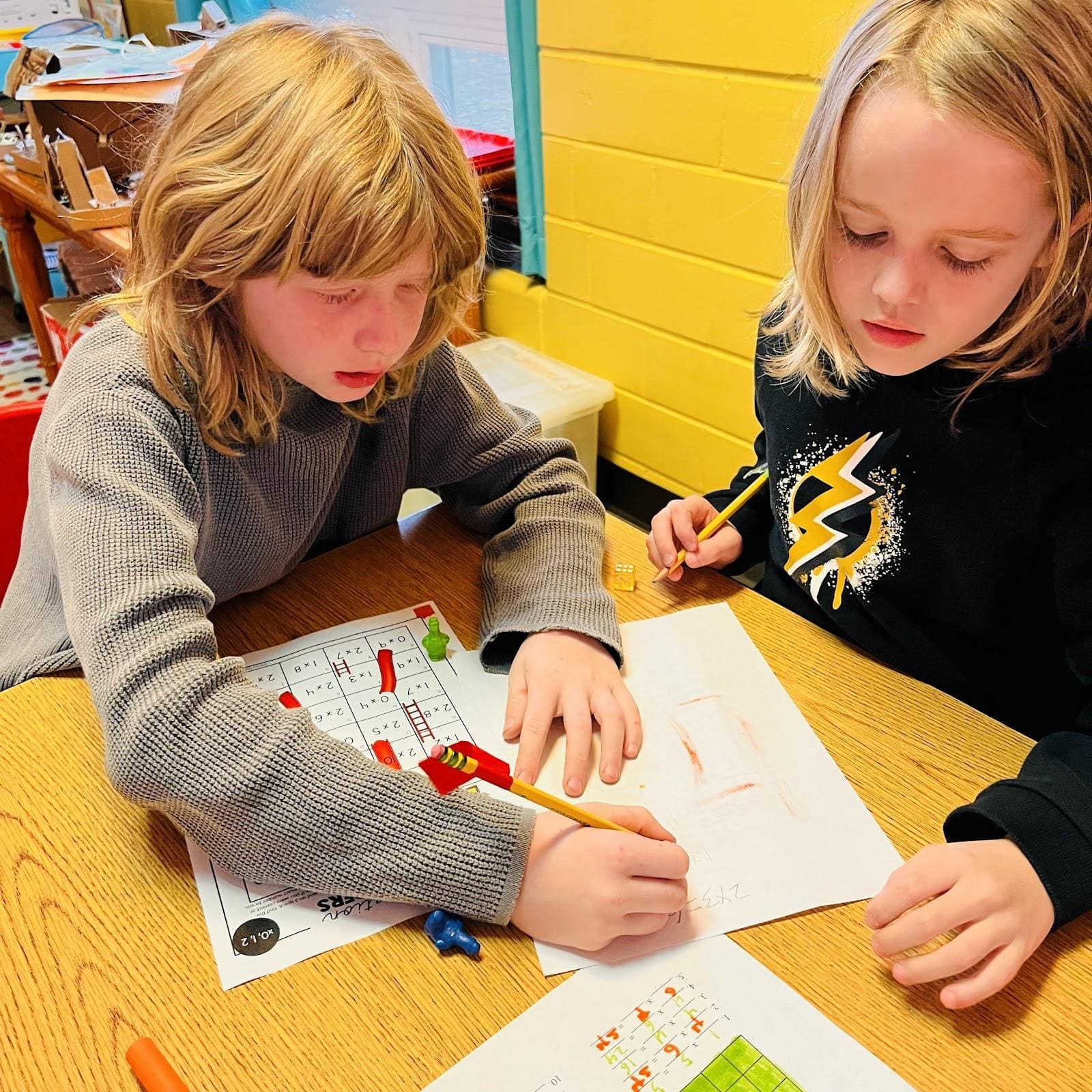 | 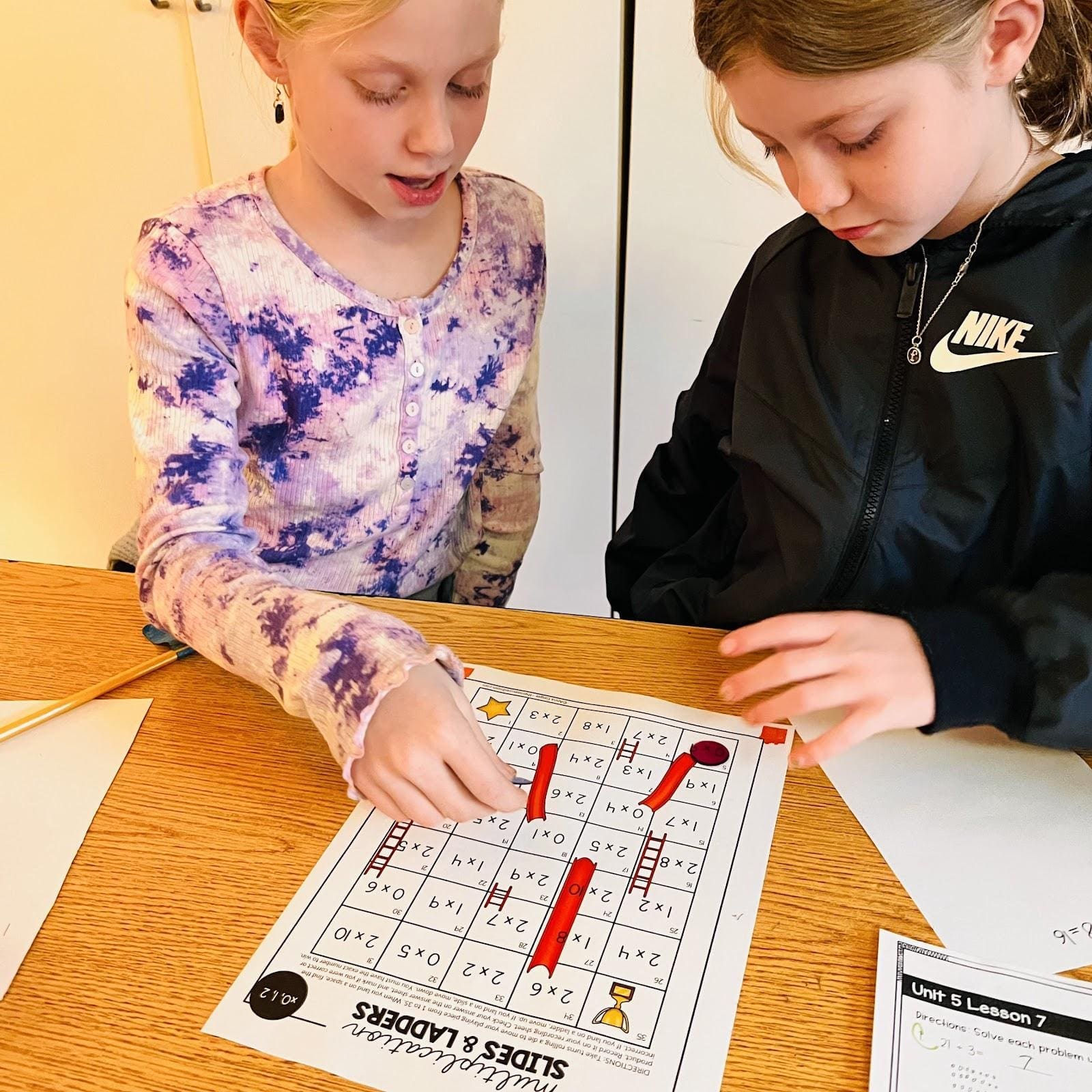 |
|---|
Reading –
Ms. Kelly’s spelling crew used their “computers” to create word chains with a-consonant-e words, and practiced syllabication, adding more coding into our decoding toolboxes. 🧰 It takes some good detective skills 🕵️♀️not only to find the open and closed syllables, but now we are on the lookout 👀 for vowel team and magic e syllables as well! AND we had a great discussion about what these words mean. Unexpected Vocabulary bonus!
Ms. Andrea’s spelling group learned the rule for this week’s spelling pattern: the digraphs “ai” and “ay.” Our rule tells us that “ai” comes at the beginning or middle while “ay” comes at the end of a syllable or word. We also performed contraction surgery! We cut apart a word, discarded a letter or two, and attached it to another word to form a contraction. We practiced reading and creating contractions all week!
Book Clubs
The Betas are rolling full steam ahead in their book clubs! In between chapters they’re pausing to have meaningful discussions about the content of their novels and to make connections to the text. We’re delighted to see the amount of camaraderie that prevails when the groups focus on answering questions in their reading journals.
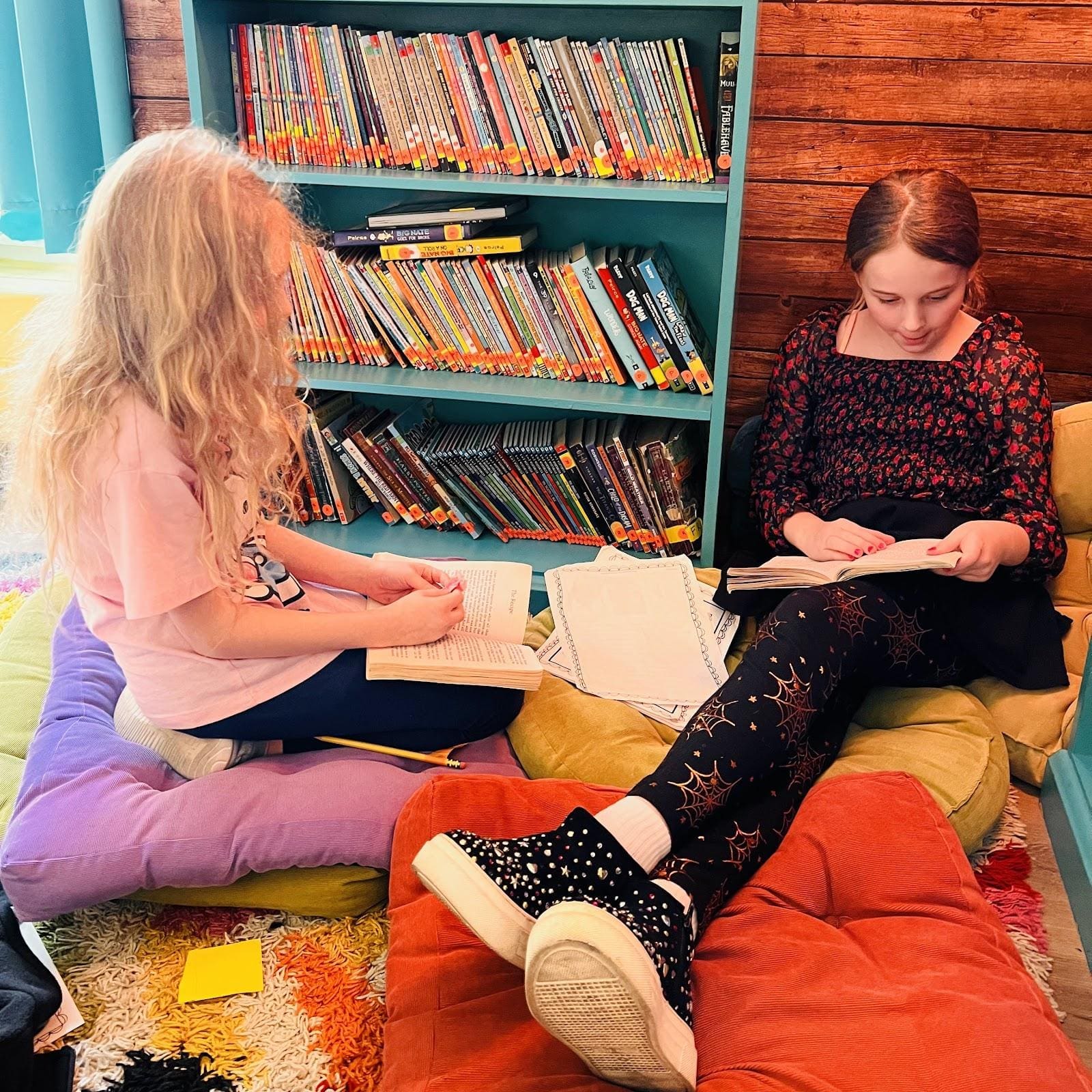 | 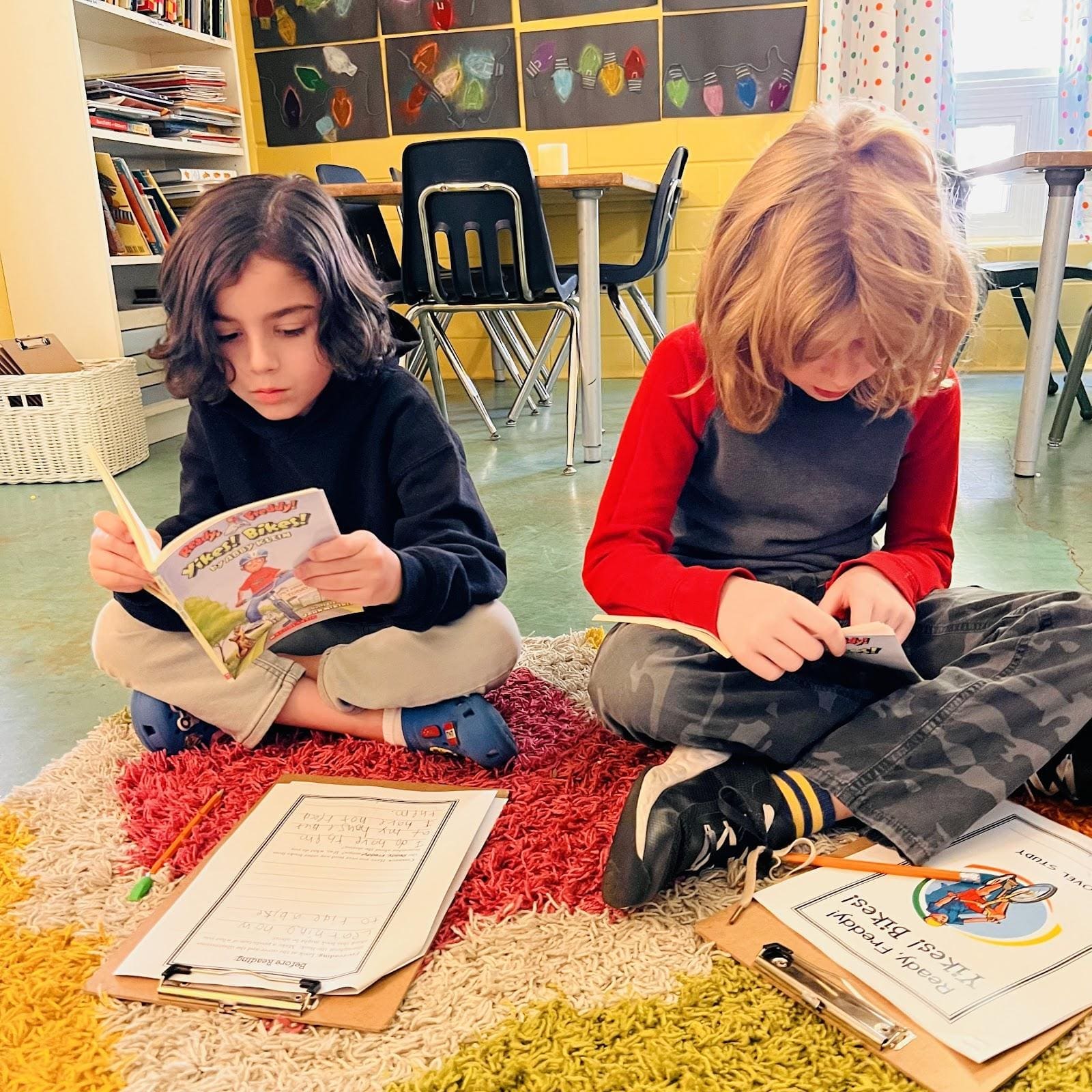 | 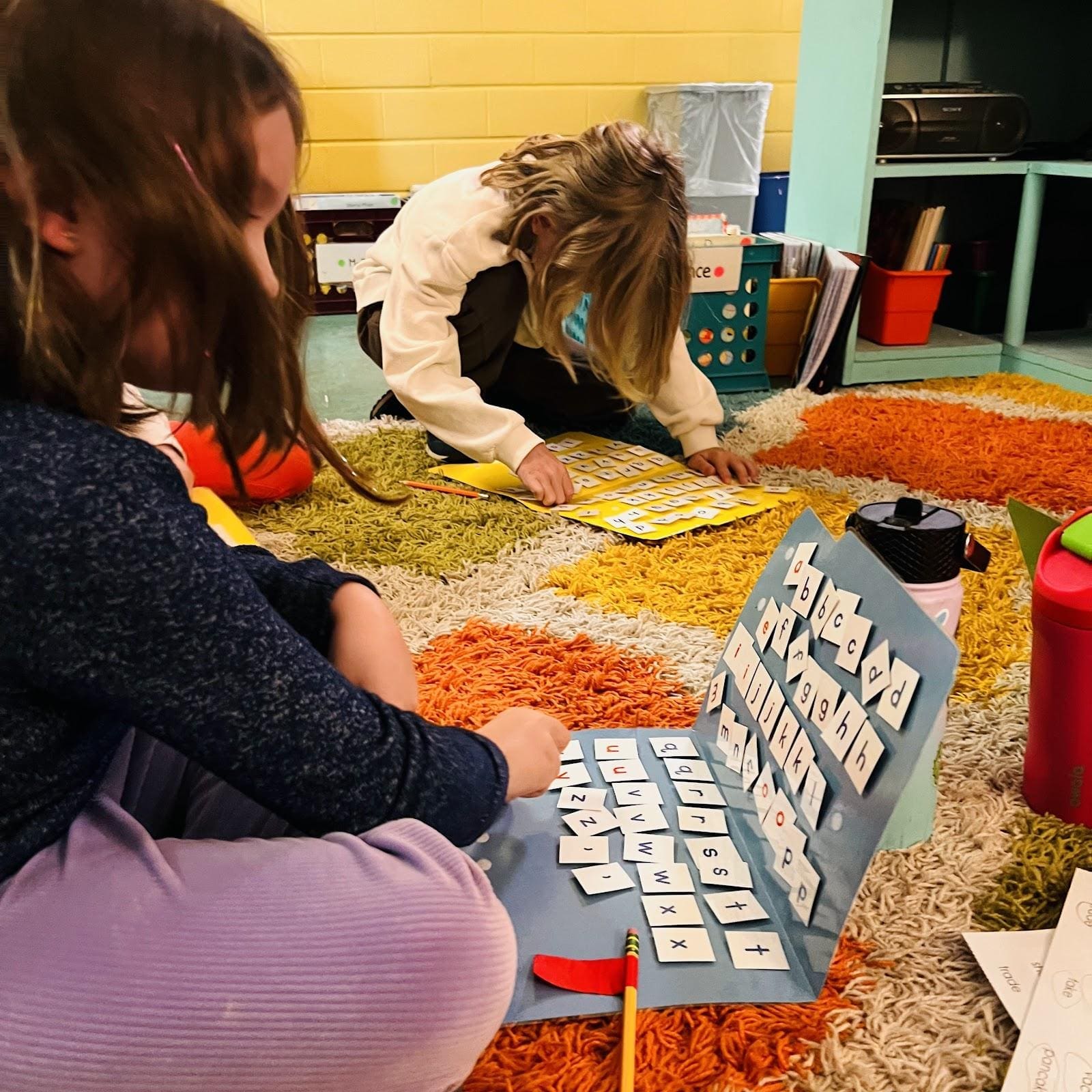 |
|---|---|---|
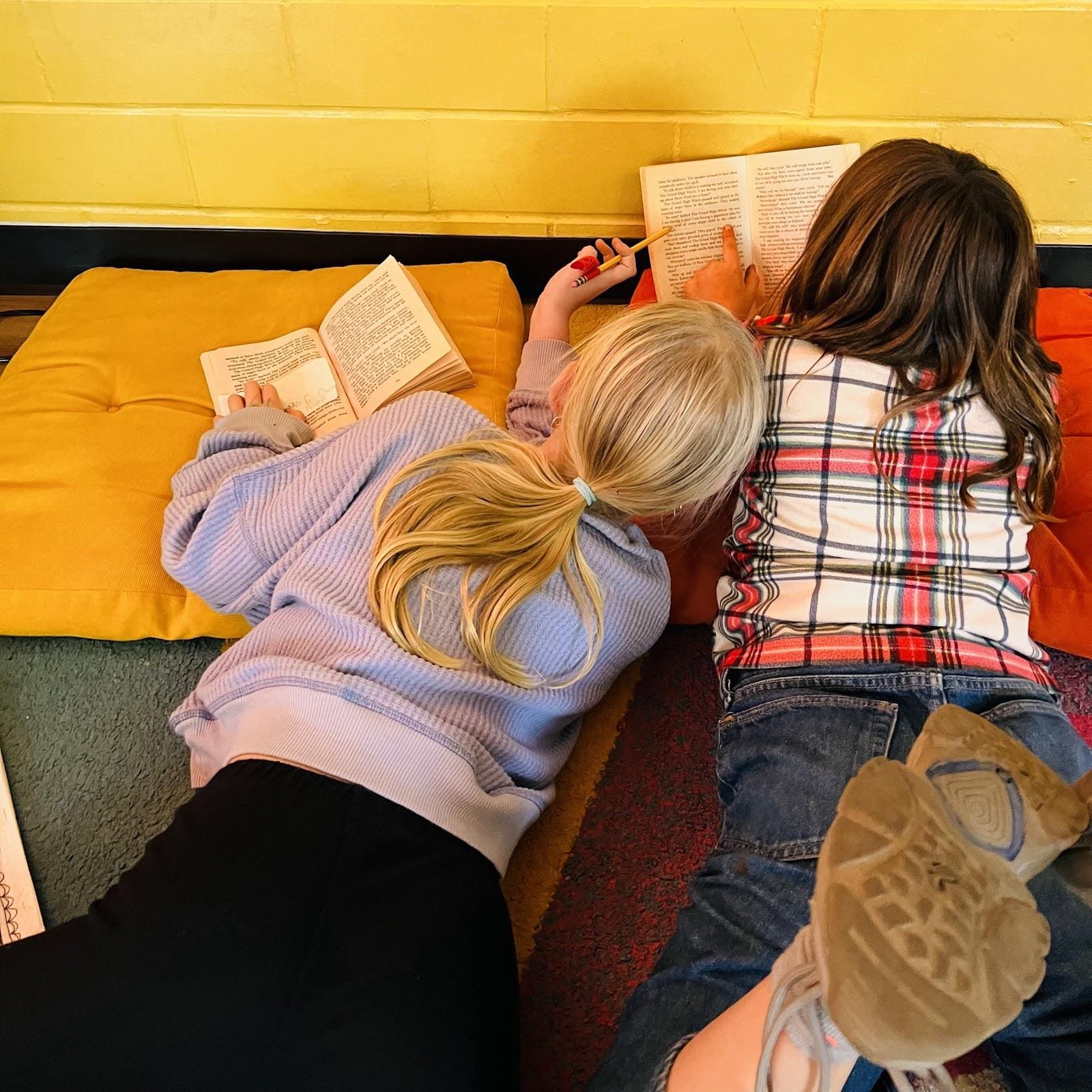 |
Writing –
The Beta poets learned their last formulaic poem for the quarter: character poems! Together we wrote a character poem on the main character, Elizabeth, from our read aloud, My America: The Starving Time. Next we considered the experience our Peep might have had during Colonial Times and used them as the subject for our own individual character poems!
In our Colonial Journals, we wrote about our experiences having our very first job and making wares to sell in our shops. After experiencing it first hand by making tiny Peep things, we had a lot to write about!
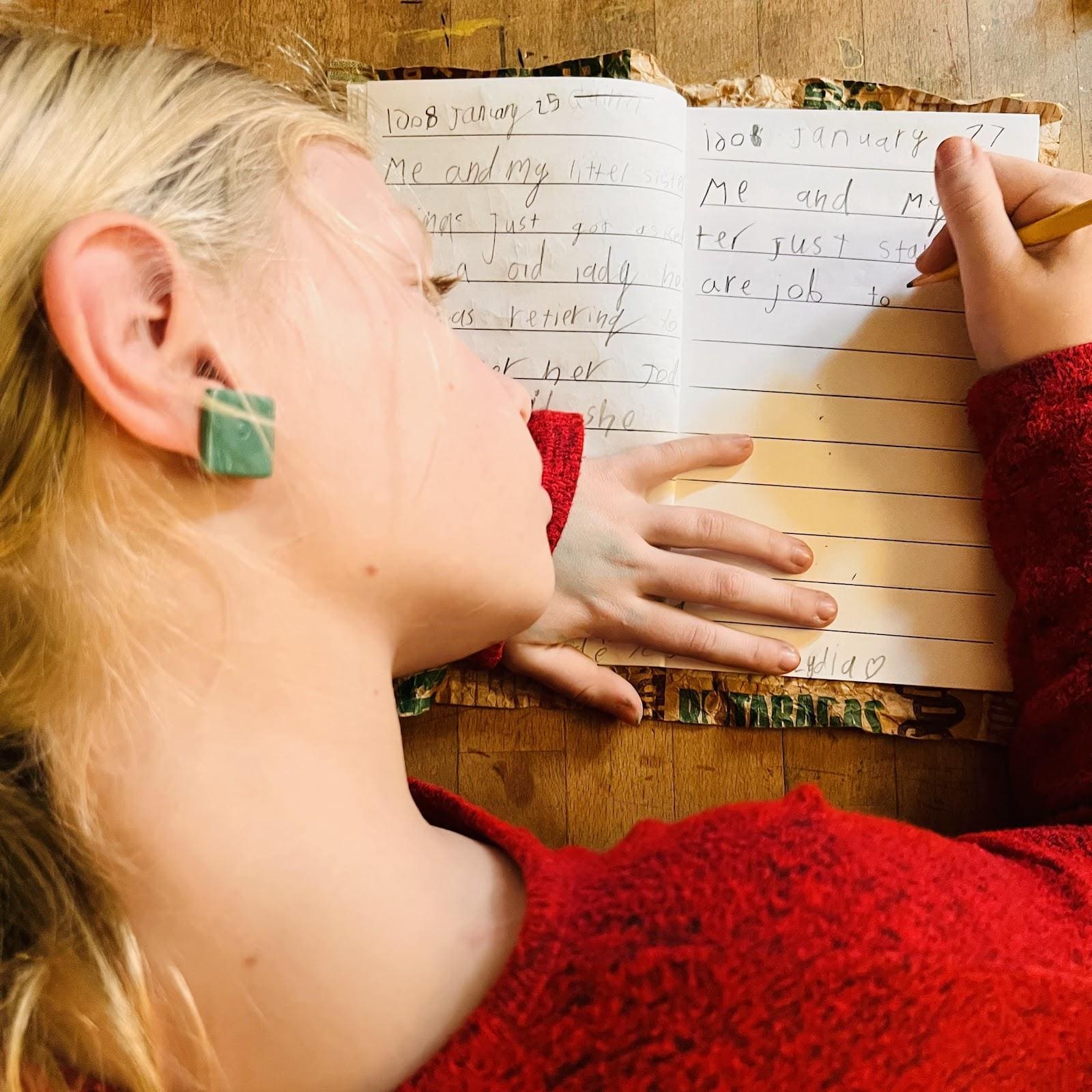 | 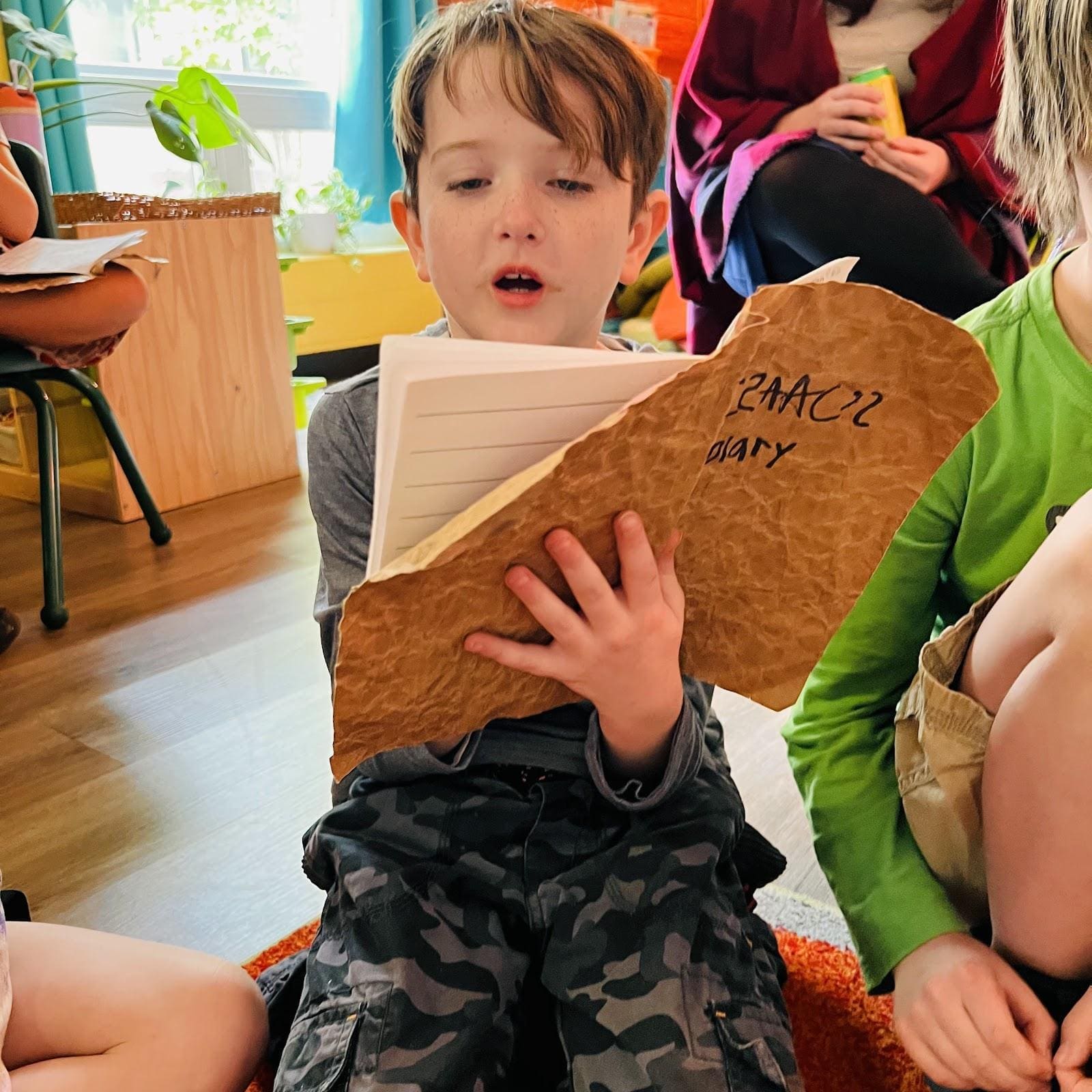 | 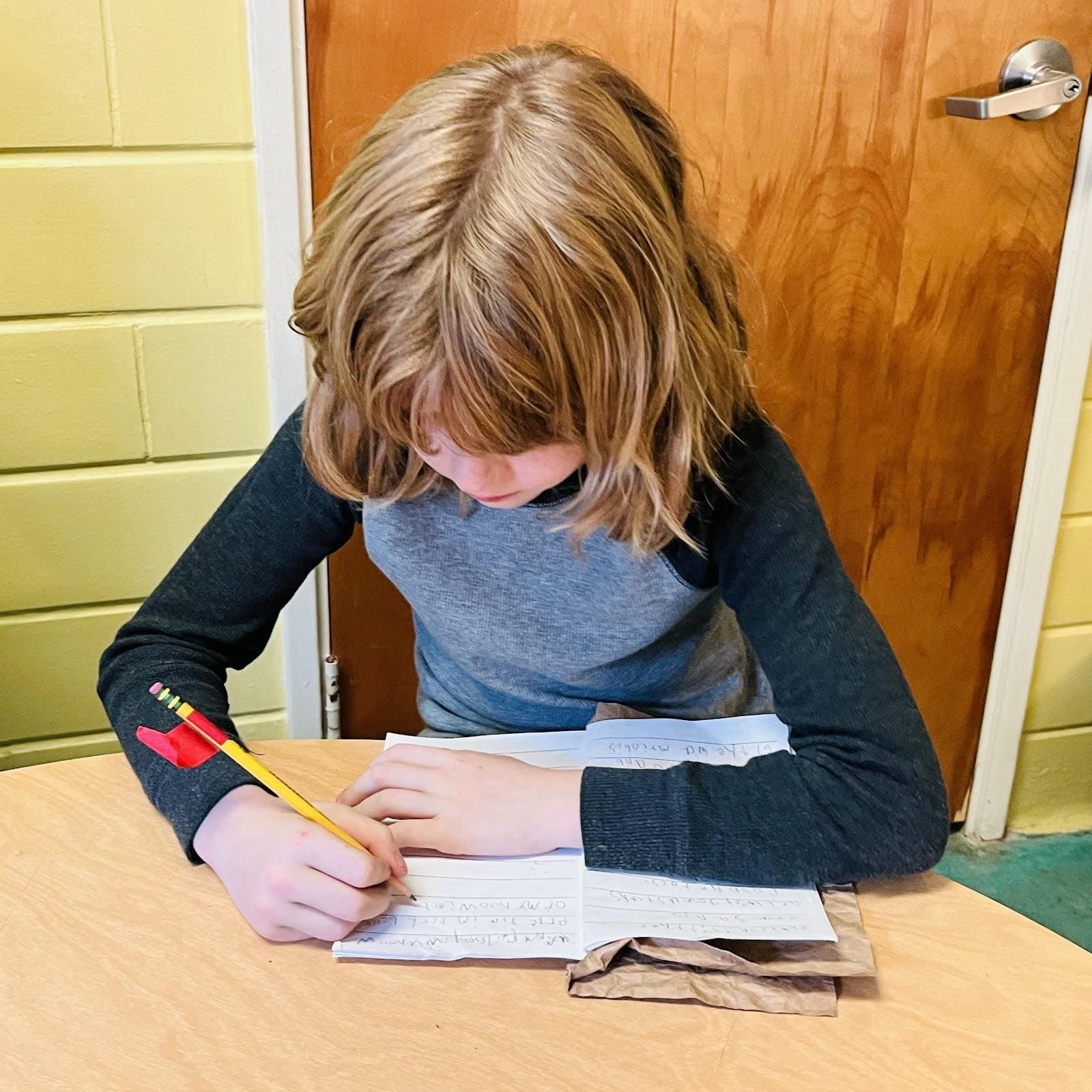 |
|---|
Theme –
Our peep colonial settlement is doing very well! Everyone is settled in a home, pulled through the Starving Time and are now able to focus on more than just survival. Now we need a job so we can make some money! After exploringing some of the important jobs of the 1600s we all chose one and began creating a sign. Every market or trade needs a sign so people know where they can purchase what they need. Then the Beta cobblers, apothecary shop owners, bakers, furniture makers, chandlers, tin and black smiths, fishmongers, farmers and more worked diligently making their wares to sell at the colonial peep Winter Faire on Monday afternoon!
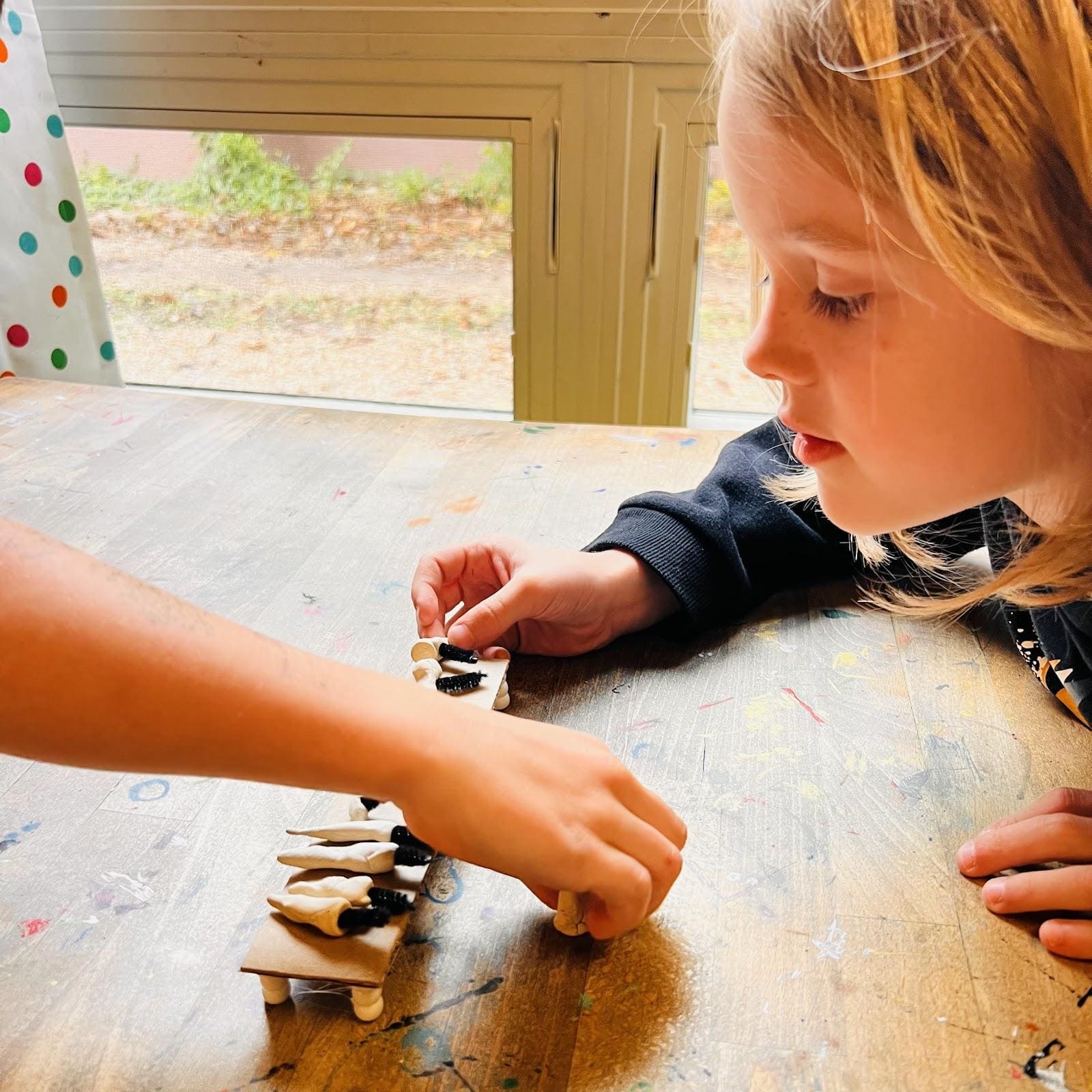 | 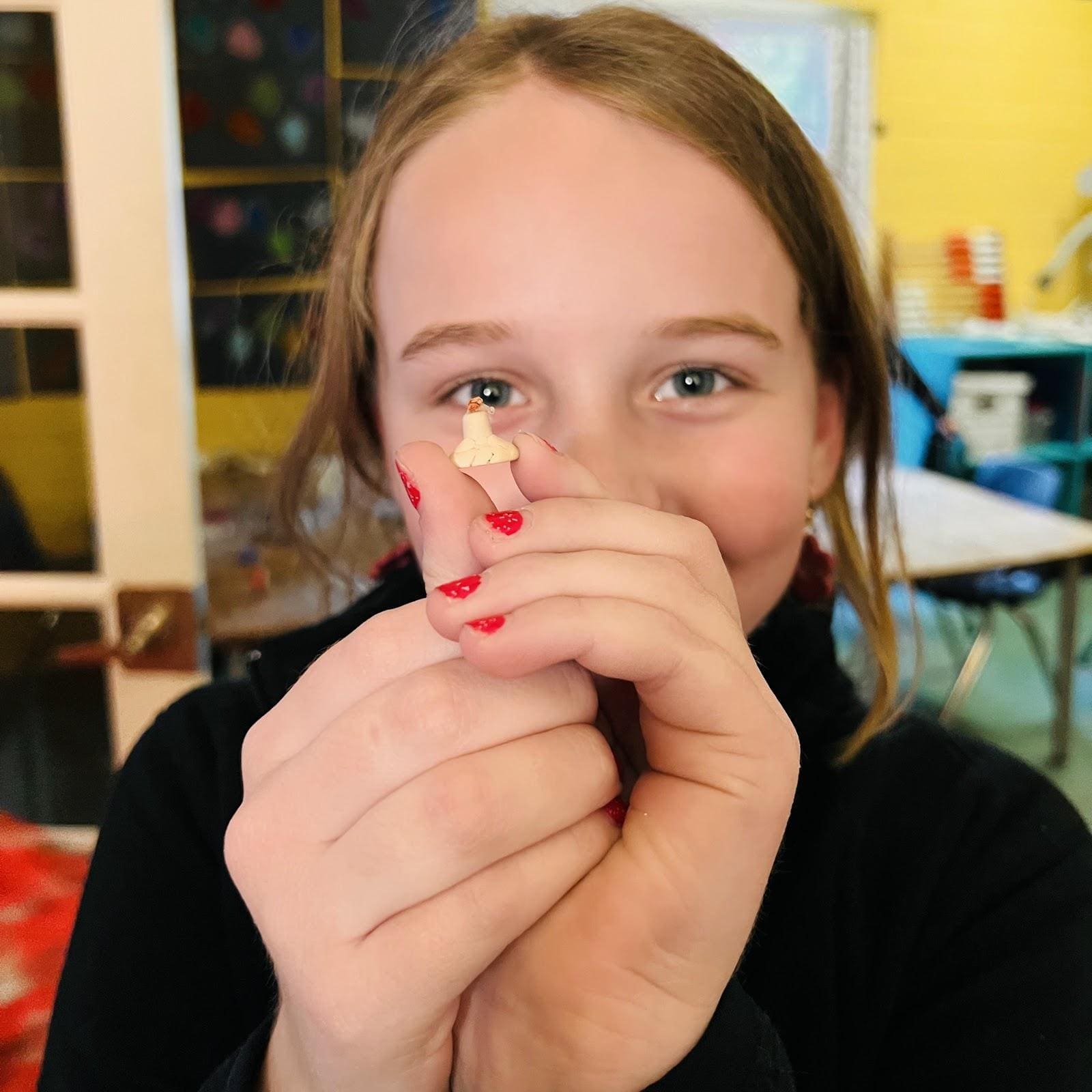 | 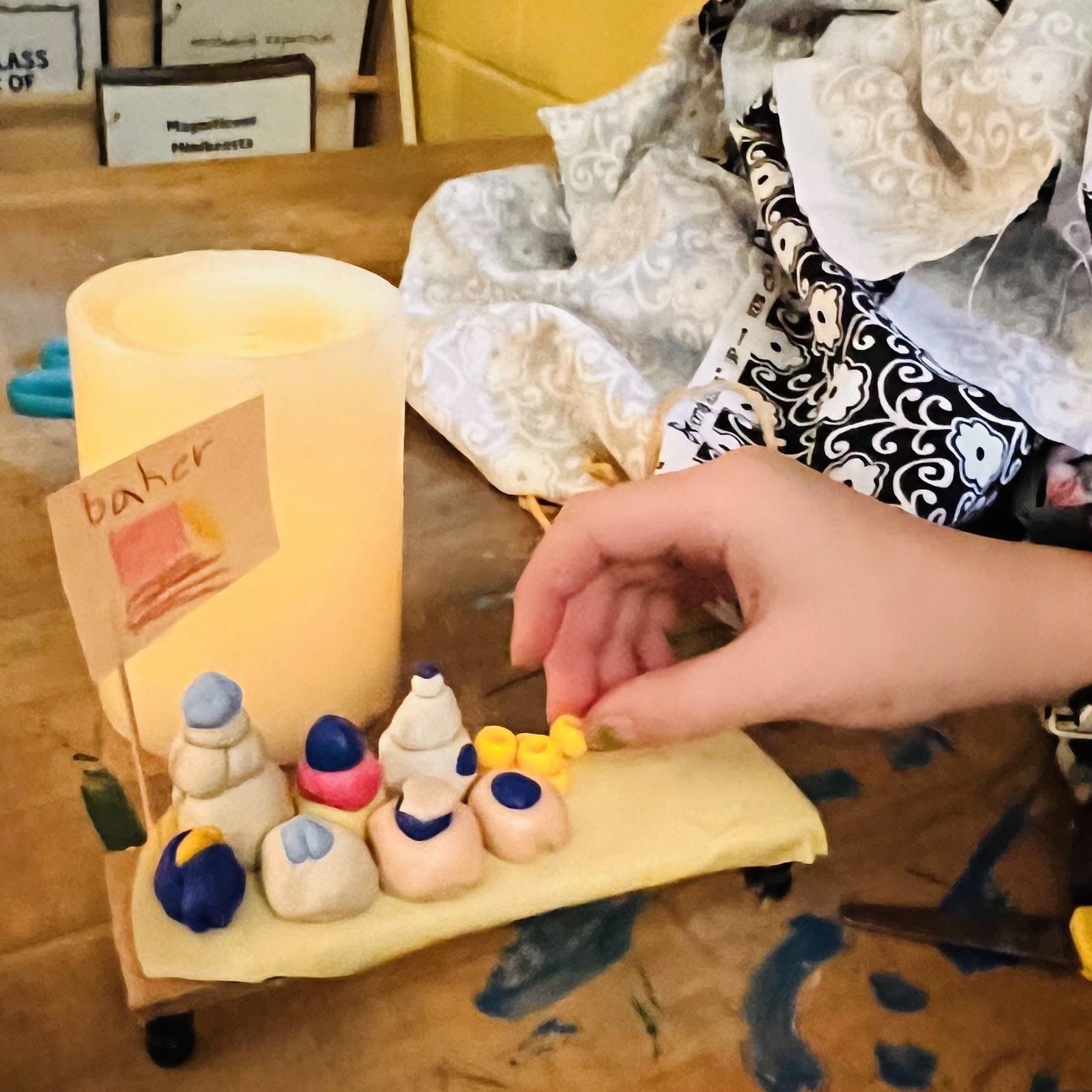 |
|---|---|---|
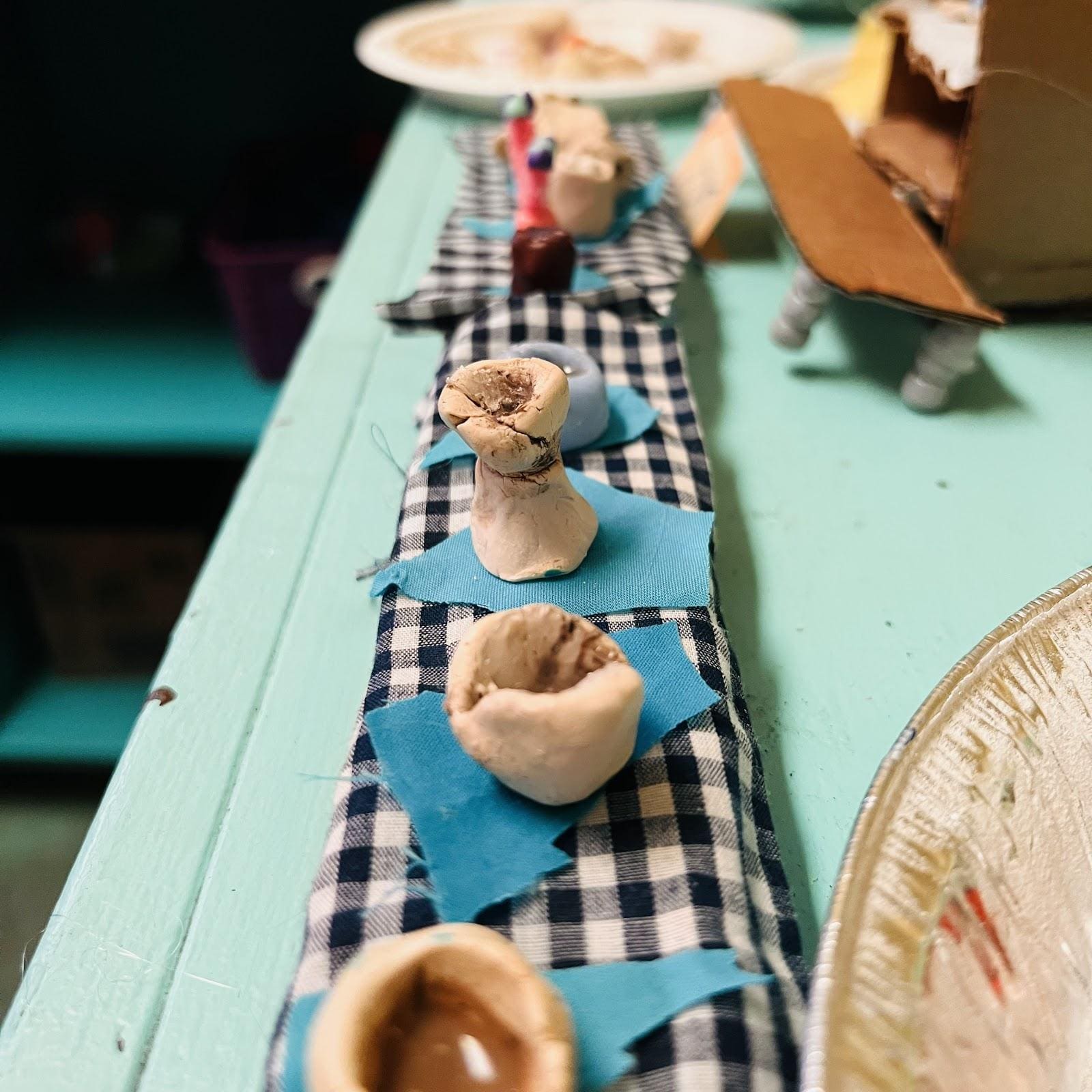 | 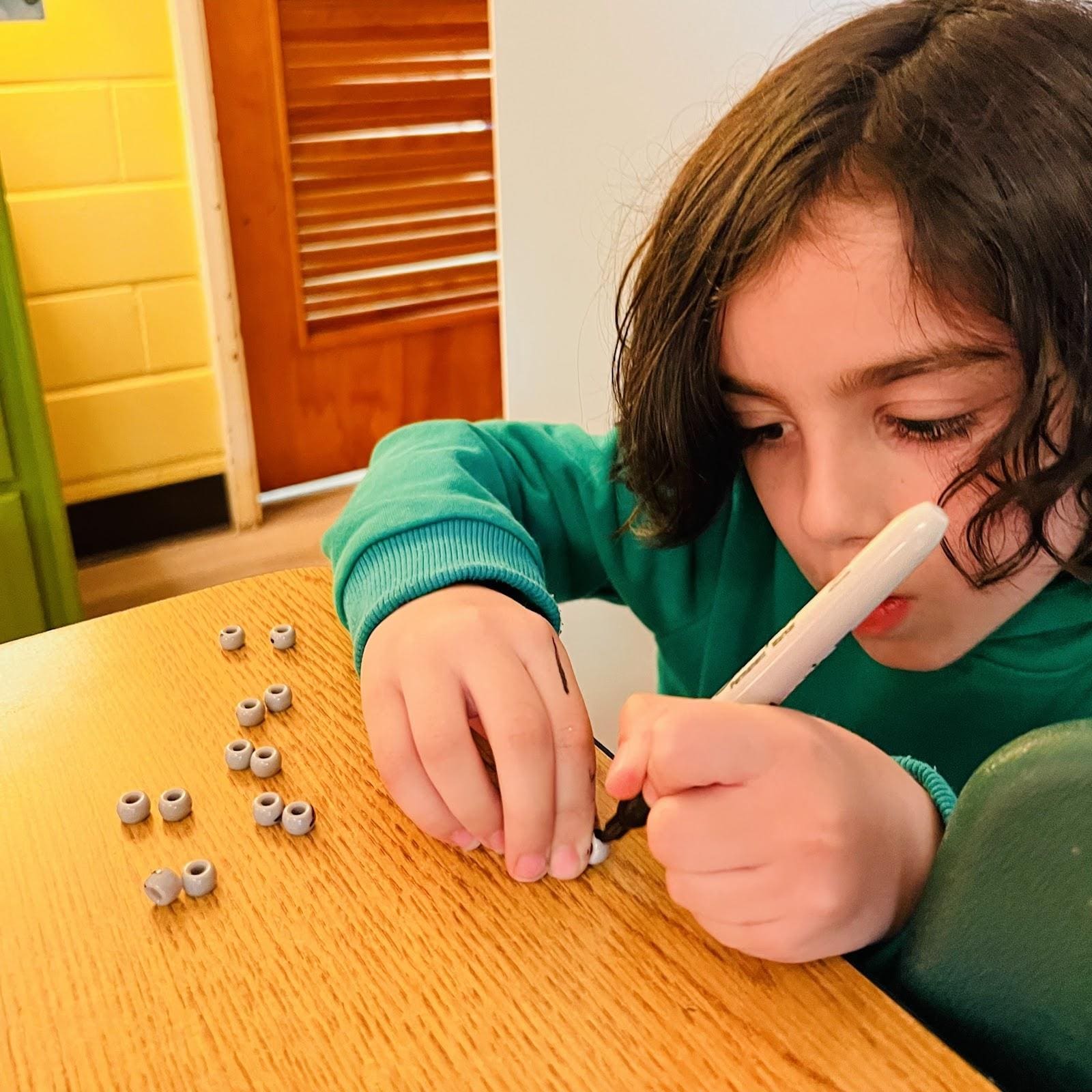 | 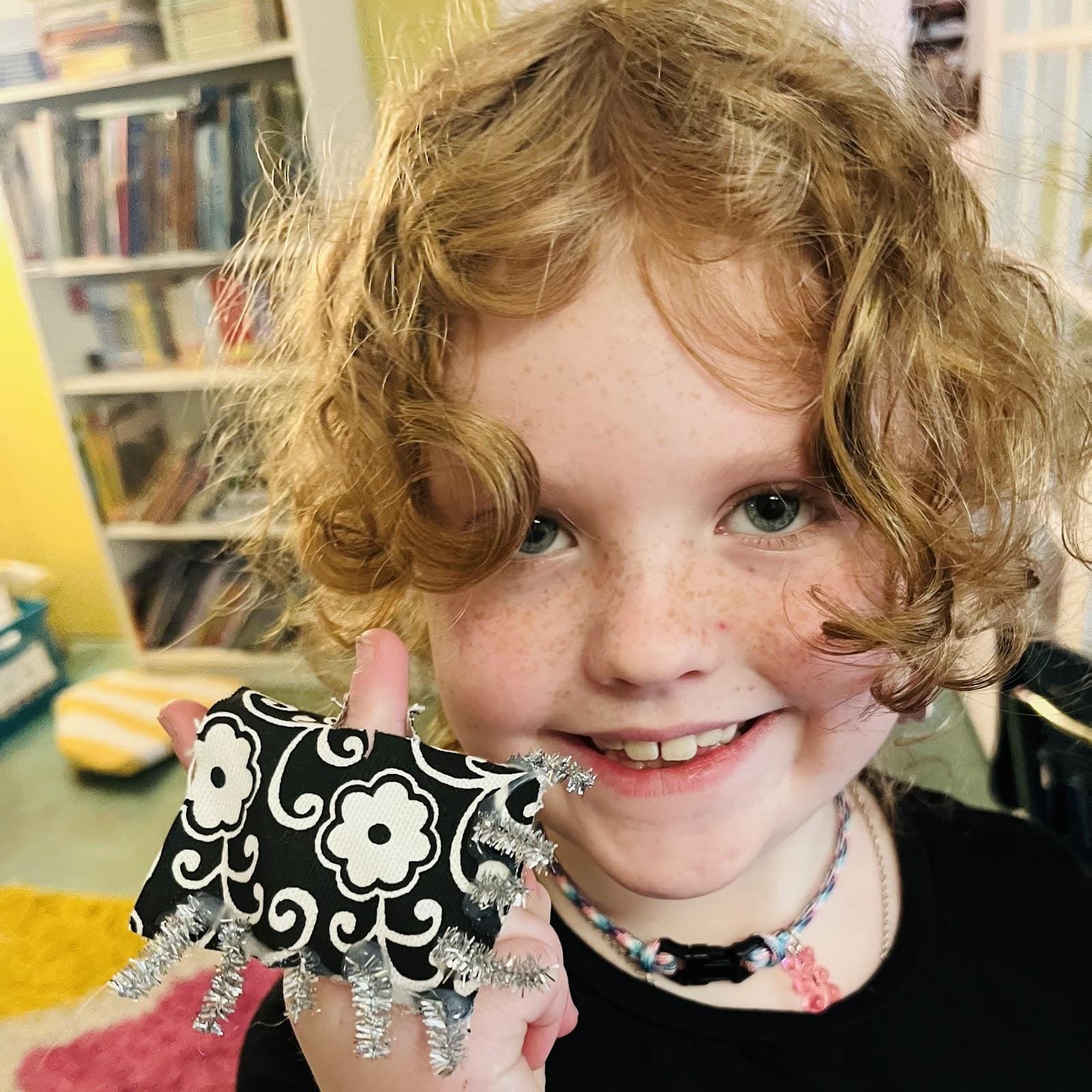 |
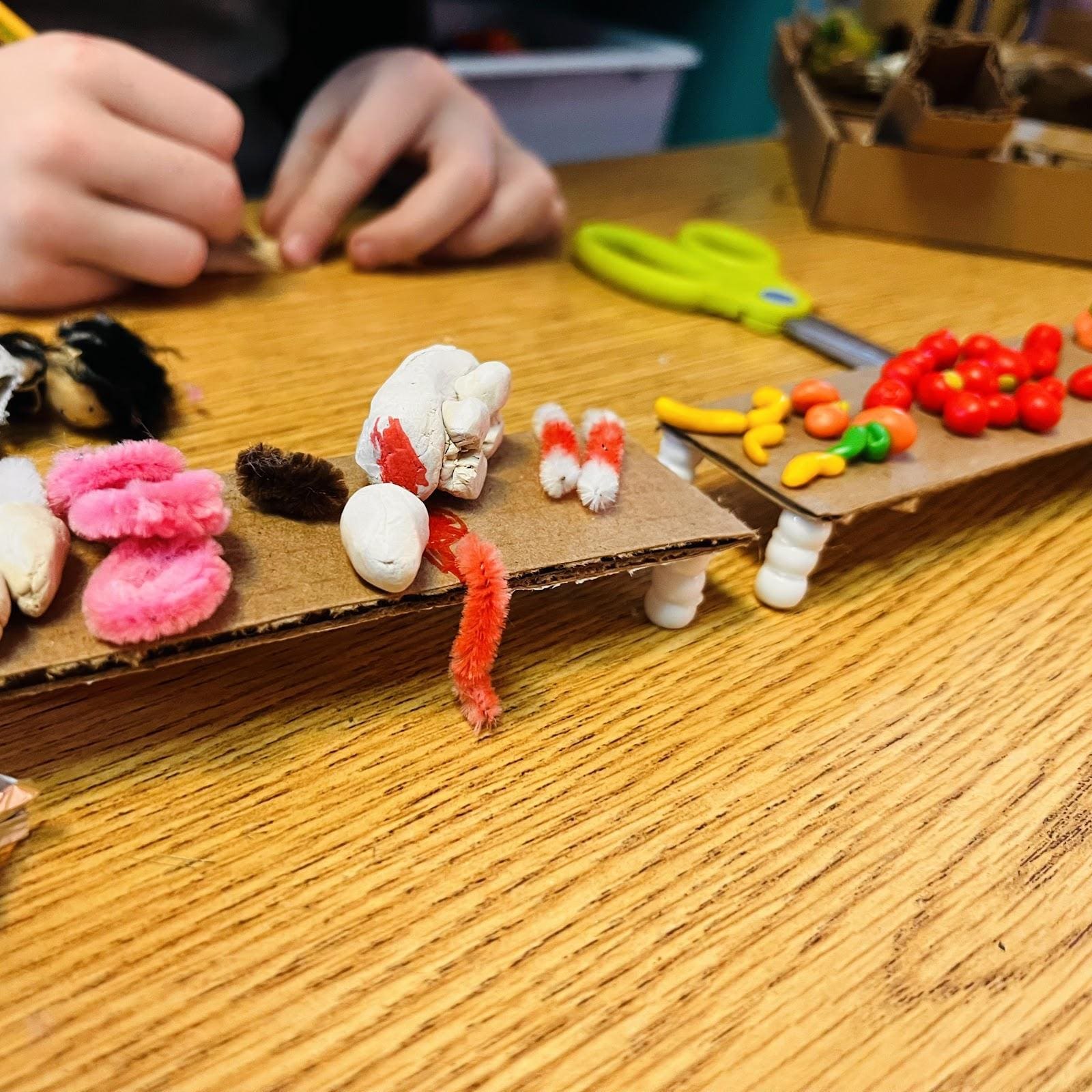 |

